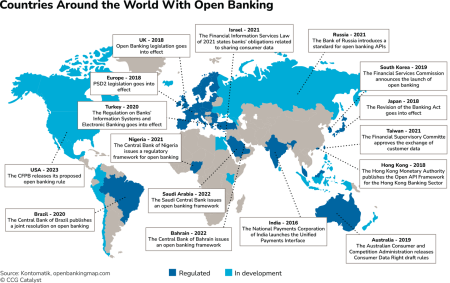China’s real estate industry continues to face challenges that need to be addressed quickly in order to boost overall GDP growth, according to a report by global investment firm KKR. The industry has been hit hard in recent years by Beijing’s crackdown on developers’ reliance on debt for growth, leading to a slump in the property market. The report suggests that the housing market correction in China may only be halfway complete, with both prices and volume needing to come under pressure to complete the cleansing cycle.
The report highlights the importance of restoring confidence in order to drive savings back down, which would encourage consumers and businesses to spend on higher quality products as promoted by Chinese authorities. The slump in China’s property market and drop in stocks have given foreign institutional investors pause about investing in China, with many considering reducing their exposure to the country. However, the authors of the report suggest that further action by Beijing to improve the real estate sector could shift investor perception.
Despite the challenges facing the real estate sector, official Chinese data to start the year has beaten analysts’ expectations. Chinese officials have emphasized the need for high-quality development and have released policies to promote financial support for select property developers. Many local governments have relaxed home purchase restrictions to stimulate the market. KKR expects a modest slowdown in China’s GDP growth in the coming years, with real estate and Covid-related factors halving their drag on the economy.
The report predicts that industries such as catering and accommodation, wholesale, digitalization, and the shift toward carbon-neutral, green industry will be the largest drivers of growth in the next two years. However, the authors emphasize the importance of making it easier for businesses and households to tap capital markets, which could ultimately improve the cost of capital and enhance access to capital markets for new consumer companies. Beijing has set a GDP target of around 5% for this year and is promoting the development of affordable housing.
Recent data points to some stabilization in the property sector slowdown, with new home sales in major cities showing improvement compared to previous periods. KKR’s local portfolio is mainly invested in consumer and services companies, which reflect how Chinese consumers in the middle to higher income range are spending modestly to upgrade their lifestyles. The report highlights solid top-line growth, stable margins, and consumer spending on items such as smart homes, pets, and recreational activities, as well as strong domestic travel.
In the longer term, KKR believes that China can follow historical precedent in changing policy to be more investor-friendly, leading to a potential rebound in the market. While the report does not signal an all-clear to lean in, it serves as a reminder that if China adjusts its domestic policies to be more investor-friendly, the market could rebound significantly from current levels. Ultimately, addressing the challenges in the real estate sector and restoring investor confidence will be key to driving growth in China’s economy.















